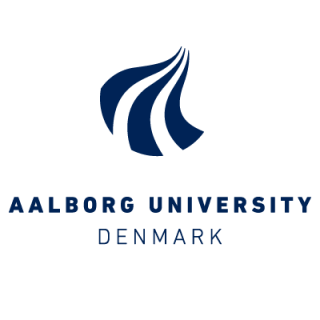Why Study in Denmark?
Owing to the great standard of living, innovative teaching methods, a large variety of study subjects, low study cost and high-quality English taught courses; Denmark has been one of the most popular international study destinations in Europe. International orientation and combination of teaching with research are other special characteristics of Danish Education.
Education:
The Ministry of Education in Denmark regulates all educational programs and the programs are administered by local municipalities. Compulsory education is covered by Folkeskole.
Higher education in Denmark comprises with a university sector, college sector and academy sector. There are 4 types of institutions offering higher education in Denmark:
- Academies of Professional higher education (short cycle)
- University Colleges (Medium cycle)
- Universities (Long cycle)
- University level institutions for education in arts
The university system in Denmark comprises with eight universities. All the university sector, college sector and academy sector fall under these 8 universities. Five universities out of the eight are multi-faculty universities: University of Copenhagen, Aarhus University, Aalborg University, University of Southern Denmark and Roskilde University. The other three universities specialize in fields such as engineering (the Technical University of Denmark), information technology (the IT-University) and business studies (Copenhagen Business School).
Universities in Denmark are known for their thriving learning environment and high standard education. The problem-based teaching-learning style of the universities encourages students to find their own solutions to their problems and become innovative thinkers. Denmark is on the top list of countries with the most innovative teaching styles according to an innovation scoreboard.
Course Availability:
Danish universities offer a wide range of internationally recognized degree programs to international students in different branches of study e. g. humanities, natural sciences, social sciences, law, theology, health sciences and technical studies. Besides, there is vocational education for a specific profession which trains and prepares students for particular work. All programs for international students are conducted in the English language.
People and Culture:
Denmark is a historically homogeneous nation. According to statistics, 86.11% of the population of Denmark consists of Danish origin (defined as having at least one parent who was born in the Kingdom of Denmark and holds Danish nationality) and the remaining 13.89% is of foreign background (defined as immigrants or descendants of recent immigrants). However, nowadays, residence permits are issued to immigrants from other EU countries, study or work-related peoples, asylum seekers, and family dependants. As with its Scandinavian neighbors, Denmark has recently been transformed from a nation of net emigration to a nation of net immigration giving rise to a multicultural society.
Denmark shares strong cultural and historic ties with its Scandinavian neighbors, Sweden and Norway. It has historically been one of the most socially progressive cultures in the world. Modesty and social equality are distinguished values of Danish culture. A major feature of Danish culture is Jul (Danish Christmas). The holiday is celebrated throughout December, starting either at the beginning of Advent or on 1 December with a variety of traditions, culminating with the Christmas Eve meal.
Climate:
Because of Denmark’s northern location, it has a temperate climate, with mild winters and cool summers with a mean temperature of 1.5 °C in January and 17.2 °C in August. The location of Denmark between a continent and an ocean often makes Denmark’s weather unstable. It receives adequate rainfall throughout the year (autumn is the wettest and spring is driest). Owing to Denmark’s northern location, there are seasonal variations in daylight. There are short days during the winter with sunrise coming around 8:45 am and sunset at 3:45 pm as well as long summer days with sunrise at 4:30 am and sunset at 10:00 pm.
Conclusion:
With a great standard of living, innovative teaching methods, availability of choices and low study cost; Denmark has been one of the most popular international study destinations in Europe.






